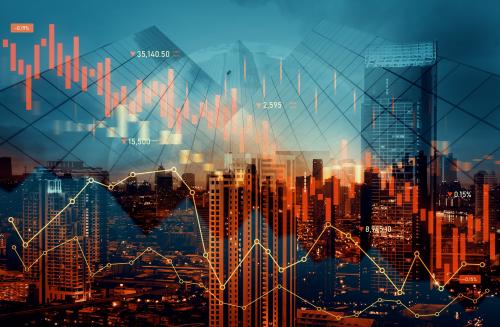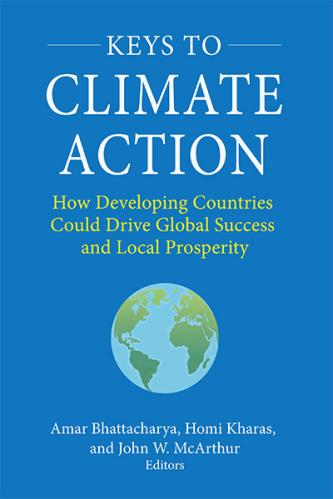Today, Foreign Policy at Brookings launched a new report, “The State of the International Order,” along with a new Project on International Order and Strategy.
The report examines the purposes of international order; takes a snapshot of major trends; and analyzes 11 key characteristics of the order, ranging from great power security competition to changing dynamics of trade. The headlines for these 11 aspects are:
1. The Global Economic Order Survived the Crisis but Fault-lines Remain
2. Europe’s Lost Decade
3. The Changing Pattern of International Trade—the Rest Rises and the West Stagnates
4. But, There’s Trouble on the Horizon for the BRICs
5. The Return of Geopolitical Competition and the Risk of Great Power Conflict
6. Trouble At Sea
7. The Use of Force and New Rules of War
8. Human Security Improving Everywhere Except the Middle East
9. The Responsibility to Protect Hangs in the Balance
10. The New Geopolitics of Energy
11. A Turbulent Gulf
The event discussion addressed the debate taking shape in Washington regarding the future of American power and the role of the United States in the world. The panelists included Brookings experts Bruce Jones, Robert Kagan, Thomas Wright and Jeremy Shapiro. Jones, Wright and Shapiro, along with Robert Keane, are the report’s authors. Acting Vice President and Director of Foreign Policy Ted Piccone moderated the discussion.
Speaking early in the program, Jones noted three traditional functions of international order: to manage stable relations of great powers; maintaining the systems for international prosperity; and defend democracy and spread freedom, which Jones noted is “not a matter of consensus internationally.”
Today as well, Jones added two more functions: help end civil wars and respond to humanitarian crises. Jones cautioned that “there’s a real question mark about whether or not we’re going to be able to sustain that effort of responding” to crises “or whether that will be eroded under conditions of new great power tensions. And to me it would be a historic shame if it were allowed to erode under these circumstances.”
Jones finished his opening remarks by highlighting two key additional issues:
You can’t have a serious discussion about the redistribution of power, about the rise of new powers, about the stable international order without dealing centrally with the question of energy and climate. If you look at the role that energy growth plays in the trajectories of the rising powers, it’s a huge strategic issue for them. The need, not just demand, but need for rapidly rising energy growth in China and India and places beyond, and the tension between that and the growing pressures to deal with anthropogenic climate change in some fashion. I think we have to grapple with the reality that that is not a technical question, or an economic question, or a science question. It’s a strategic question. That in the trajectories of the rising powers it’s a central part of their strategy and that we’re going to have to come to terms with this tension between on the one hand their energy needs, our new energy role and this challenging question of climate change.



Commentary
11 Characteristics of the International Order
February 25, 2014